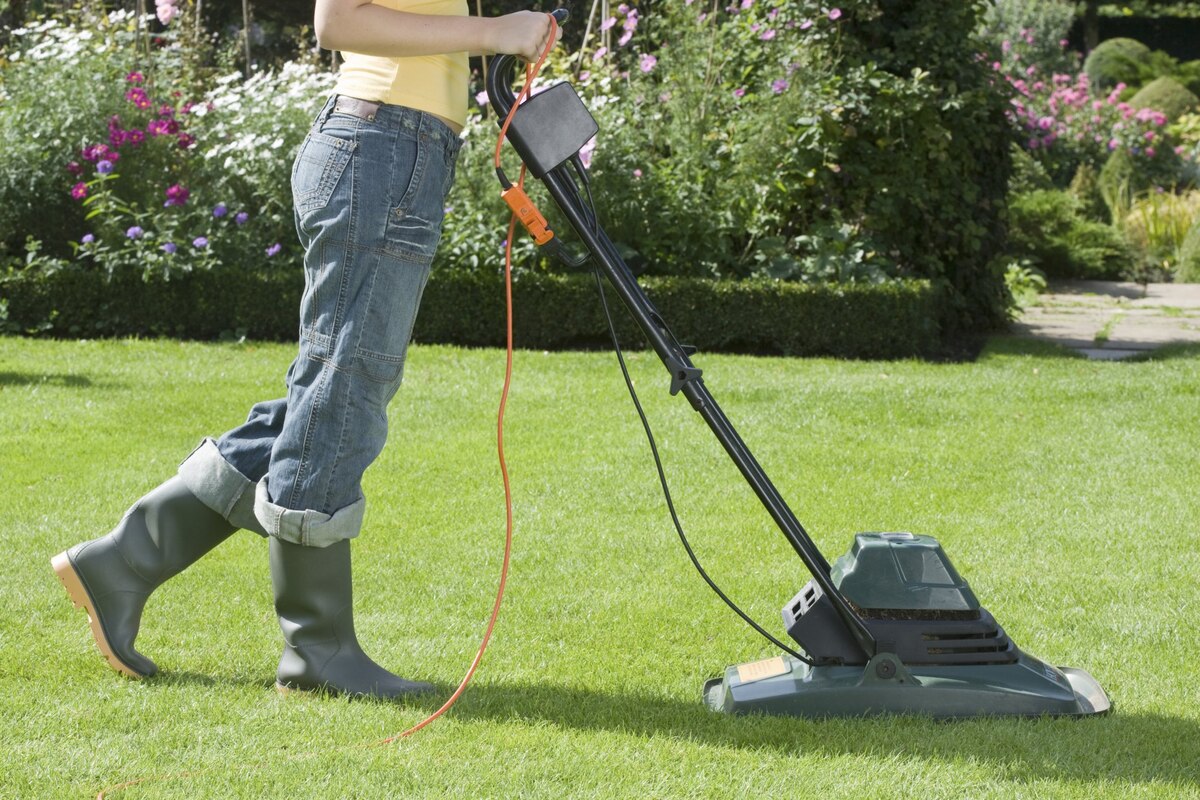

Articles
What Gauge Extension Cord For Electric Mower
Modified: December 7, 2023
Find the right gauge extension cord for your electric mower with our informative articles. Get helpful tips and advice for a reliable and safe power supply.
(Many of the links in this article redirect to a specific reviewed product. Your purchase of these products through affiliate links helps to generate commission for Storables.com, at no extra cost. Learn more)
Introduction
Welcome to the world of electric mowers! In recent years, the popularity of electric mowers has been on the rise, thanks to their eco-friendly nature and ease of use. Unlike their gas-powered counterparts, electric mowers do not emit harmful fumes and are much quieter during operation. They offer a convenient and efficient way to maintain your lawn.
One crucial aspect of using electric mowers is ensuring that you have the right extension cord. A suitable extension cord not only provides the necessary power but also ensures the safety and optimal functioning of your mower. When it comes to selecting the right extension cord, understanding the gauge is of utmost importance.
In this article, we will delve into the concept of gauge for extension cords and explore the factors to consider when choosing an appropriate cord for electric mowers. By the end, you will have a clear understanding of how to determine the right gauge for your electric mower, allowing you to have a hassle-free mowing experience.
Key Takeaways:
- Choose the right extension cord gauge for your electric mower by considering distance, amp rating, and quality. Opt for a thicker gauge for safety and efficient power delivery.
- Prioritize safety and performance by selecting a high-quality, outdoor-rated extension cord that meets the power requirements of your electric mower. Thicker cords compensate for voltage drop over longer distances.
Read more: What Gauge Is An Extension Cord
Understanding Gauge for Extension Cords
Before we dive into the specifics of selecting the right extension cord for your electric mower, it’s crucial to understand what gauge means in the context of extension cords.
Gauge is a measurement used to determine the thickness or size of the wire inside an extension cord. The gauge number indicates the wire’s diameter, with a lower number indicating a thicker wire. The thickness of the wire affects the amount of power it can carry over a certain distance.
Generally, extension cords come in various gauges, with the most common ones being 16, 14, and 12. The lower the gauge number, the higher the current carrying capacity of the cord.
It’s important to note that longer extension cords require a lower gauge (thicker wire) to compensate for the power loss that occurs over longer distances. As the length of the cord increases, the resistance in the wire increases as well, which can lead to voltage drop and reduced performance of electrical devices.
Now that we have a basic understanding of gauge, let’s explore the factors you need to consider when selecting an extension cord for your electric mower.
Factors to Consider for Electric Mowers
When it comes to selecting the right extension cord for your electric mower, there are a few important factors to consider. These factors will ensure that you choose a cord that not only meets the power requirements of your mower but also guarantees safe and efficient operation.
1. Power Requirements: The first step is to check the power requirements of your electric mower. Refer to the manufacturer’s manual or specifications to determine the voltage (usually 120V or 240V) and the amp rating of your mower. This information will guide you in selecting an extension cord that can handle the necessary power load.
2. Cord Length: Take into consideration the distance between your outdoor power outlet and the area where you’ll be using the mower. Measure the length required for the extension cord, keeping in mind that longer cords may require a thicker gauge to compensate for voltage drop. It’s always better to have a slightly longer cord than a shorter one, as you can always coil up any excess length.
3. Gauge and Amp Rating: As mentioned earlier, the gauge of the extension cord is crucial for ensuring proper power delivery. Refer to a gauge chart or consult a knowledgeable salesperson to determine the appropriate gauge based on the length of the cord and the amp rating of your mower. An extension cord with a higher amp rating than your mower requires is perfectly fine, but never use a cord with a lower amp rating.
4. Cord Type and Quality: Choose an extension cord specifically designed for outdoor use. Look for cords with a durable outer casing that protects against moisture, sunlight, and general wear and tear. Additionally, consider a cord with built-in safety features such as grounded plugs and tripping protection. Investing in a high-quality cord ensures longevity, safety, and optimal performance.
5. Cord Thickness and Flexibility: Electric mowers typically require a minimum 14-gauge extension cord for shorter distances, while longer distances may require a thicker 12-gauge cord. Thicker cords can handle higher amp ratings and reduce the risk of voltage drop and overheating. Additionally, consider the flexibility of the cord, as a more pliable and manageable cord will be easier to handle and store.
By considering these factors, you can make an informed decision and select the right extension cord that meets the power requirements of your electric mower while ensuring safety and efficiency.
When choosing an extension cord for an electric mower, use a 14-gauge cord for up to 50 feet and a 12-gauge cord for up to 100 feet to ensure proper power delivery and prevent overheating.
Determining the Appropriate Gauge for Electric Mowers
Now that you are familiar with the factors to consider when choosing an extension cord for your electric mower let’s discuss how to determine the appropriate gauge for your specific needs.
1. Distance: Measure the distance between the power outlet and the area where you’ll be using the mower. This will help determine the length of the extension cord you need. Keep in mind that longer distances result in more voltage drop, so a thicker gauge may be necessary.
2. Amp Rating: Check the amp rating of your electric mower, which can usually be found in the manufacturer’s manual or on a label attached to the mower. This information is essential for selecting the appropriate gauge. Higher amp ratings generally require a lower gauge (thicker wire).
3. Gauge Chart: Refer to a gauge chart or consult with a knowledgeable salesperson to match the distance and amp rating with the recommended gauge. For example, a 14-gauge cord is suitable for most electric mowers up to 50 feet away from the power source, while a 12-gauge cord is recommended for longer distances.
4. Thicker Gauge for Safety: If you are unsure or if your electric mower has a high amp rating, it’s always safer to go with a thicker gauge extension cord. A thicker cord will ensure sufficient power delivery and minimize the risk of overheating or voltage drop.
5. Quality and Safety: Lastly, prioritize the quality and safety features of the extension cord. Look for cords that are specifically designed for outdoor use, have durable construction, and include safety features like grounded plugs and tripping protection. Investing in a high-quality cord will ensure longevity, safety, and reliable performance.
In summary, determining the appropriate gauge for your electric mower involves considering the distance, amp rating, and gauge chart recommendations. Opt for a thicker gauge if in doubt, and prioritize safety by selecting a high-quality extension cord designed for outdoor use. By following these guidelines, you can ensure that your electric mower receives the proper power supply and that you can mow your lawn with confidence.
Conclusion
Choosing the right extension cord for your electric mower is crucial for maintaining safety and ensuring optimal performance. By understanding the concept of gauge and considering important factors such as power requirements, cord length, gauge and amp rating, cord type and quality, and cord thickness, you can make an informed decision.
Always refer to the manufacturer’s specifications for your electric mower to determine the voltage and amp rating. This information will help you identify the appropriate gauge for your extension cord. Remember that longer distances may require thicker gauge cords to compensate for voltage drop.
Investing in a high-quality extension cord designed for outdoor use will enhance durability and protect against moisture, sunlight, and general wear and tear. Safety features such as grounded plugs and tripping protection should also be considered to minimize potential hazards.
By following these guidelines, you can confidently select the right extension cord for your electric mower, ensuring a hassle-free mowing experience. Remember that safety should always be a priority, so if you are unsure, it’s better to choose a thicker gauge cord than risk inadequate power supply or potential hazards.
Now armed with the knowledge of gauges and the factors to consider, you are ready to take on your lawn maintenance tasks with confidence, knowing that you have the right extension cord for your electric mower.
Frequently Asked Questions about What Gauge Extension Cord For Electric Mower
Was this page helpful?
At Storables.com, we guarantee accurate and reliable information. Our content, validated by Expert Board Contributors, is crafted following stringent Editorial Policies. We're committed to providing you with well-researched, expert-backed insights for all your informational needs.
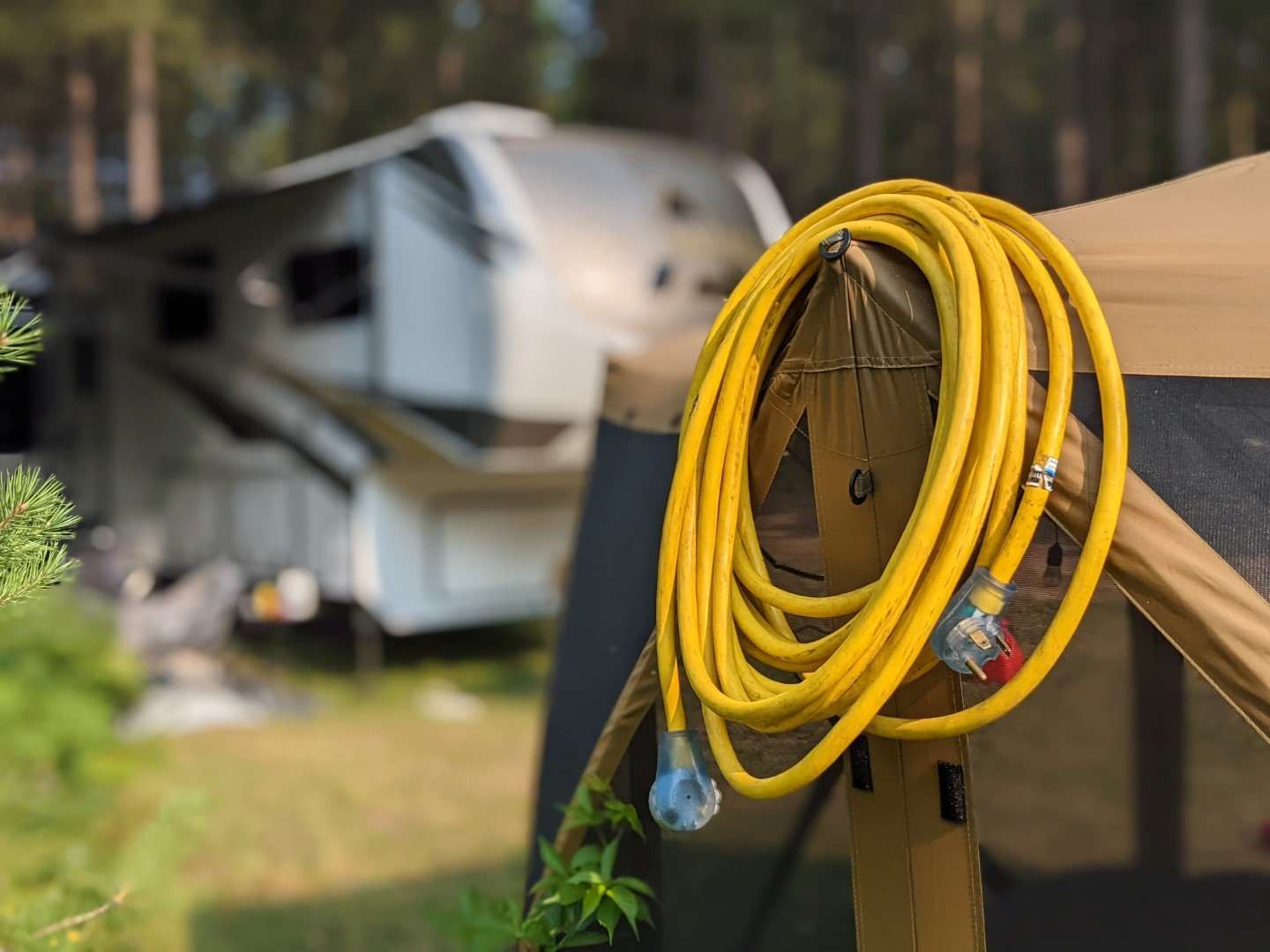
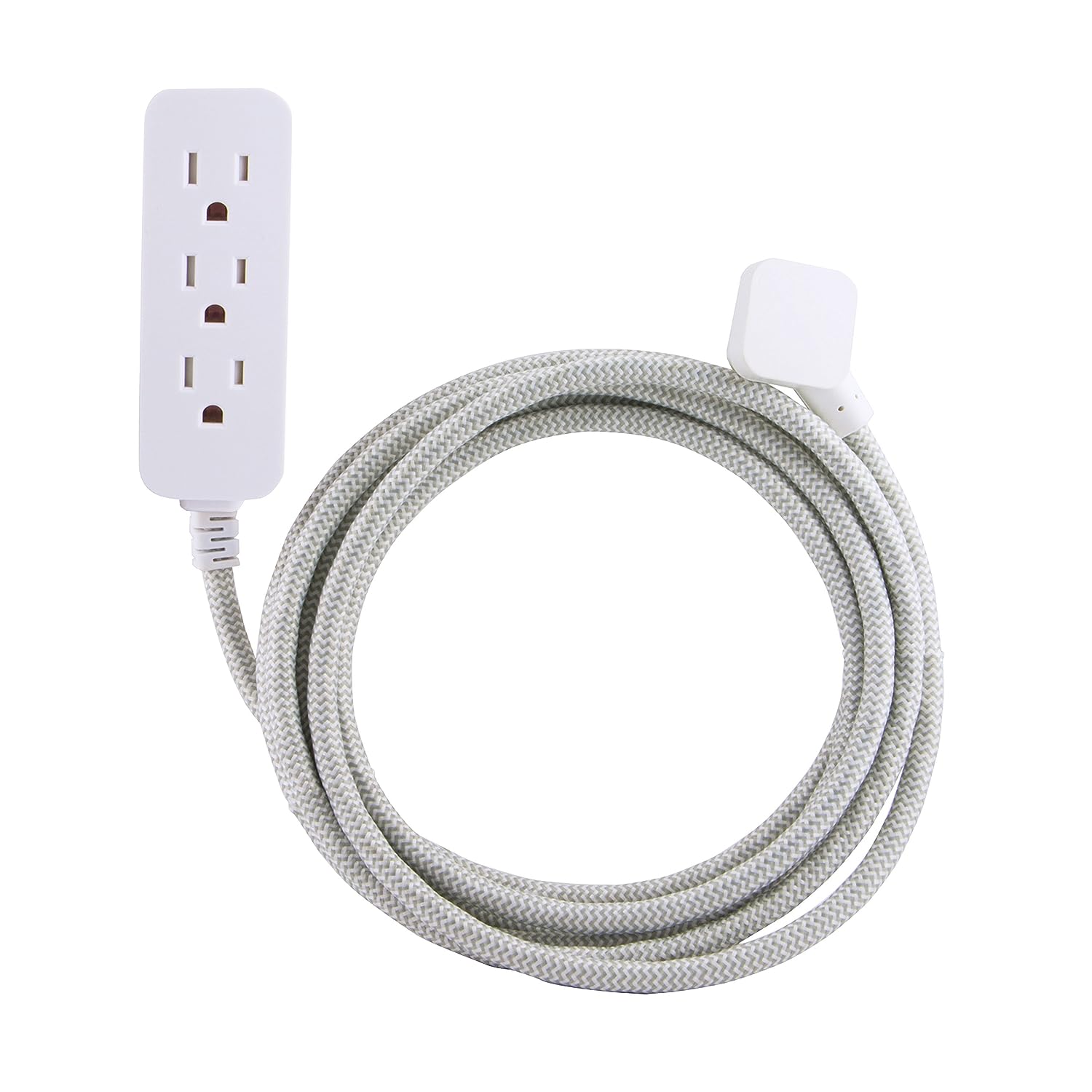
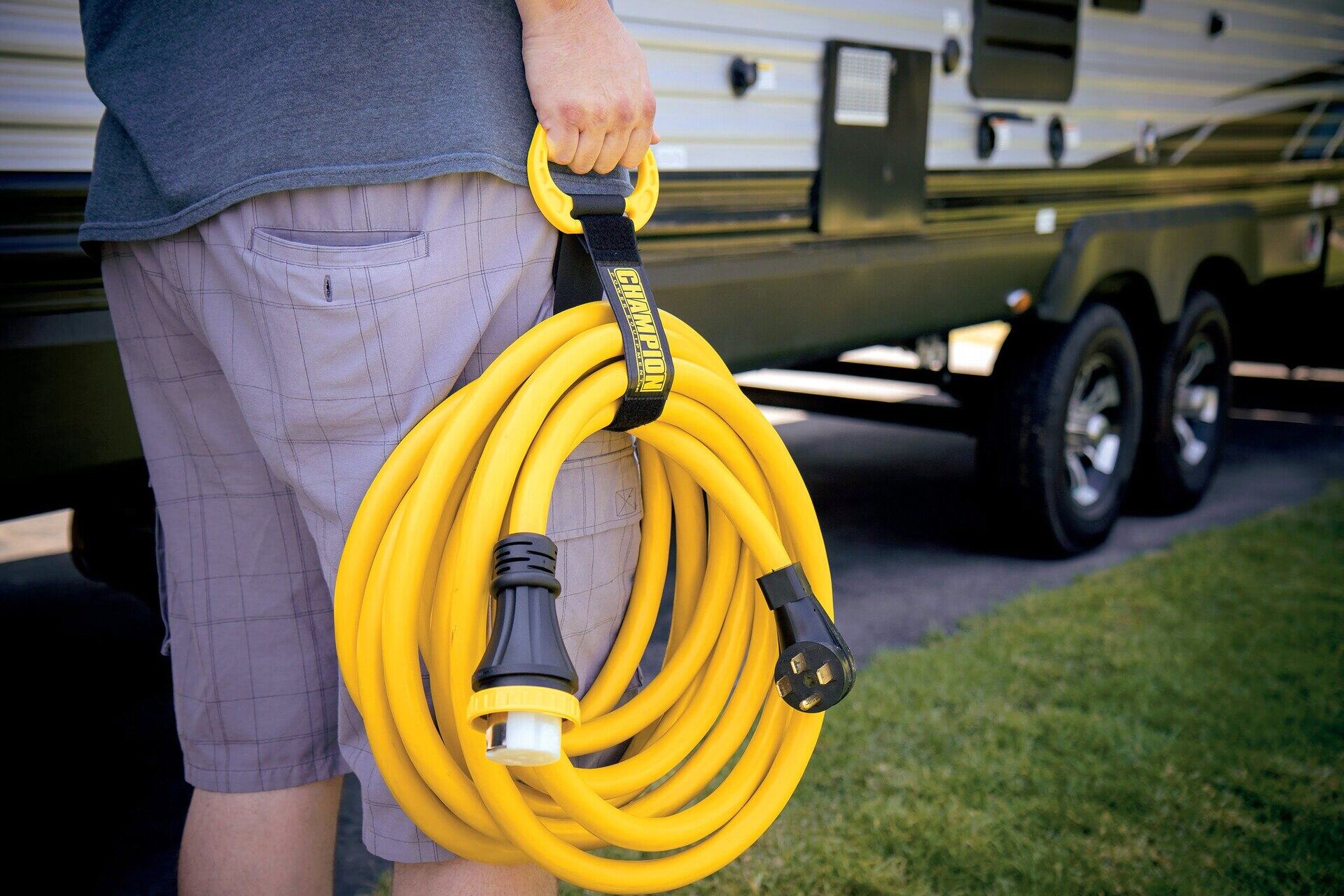
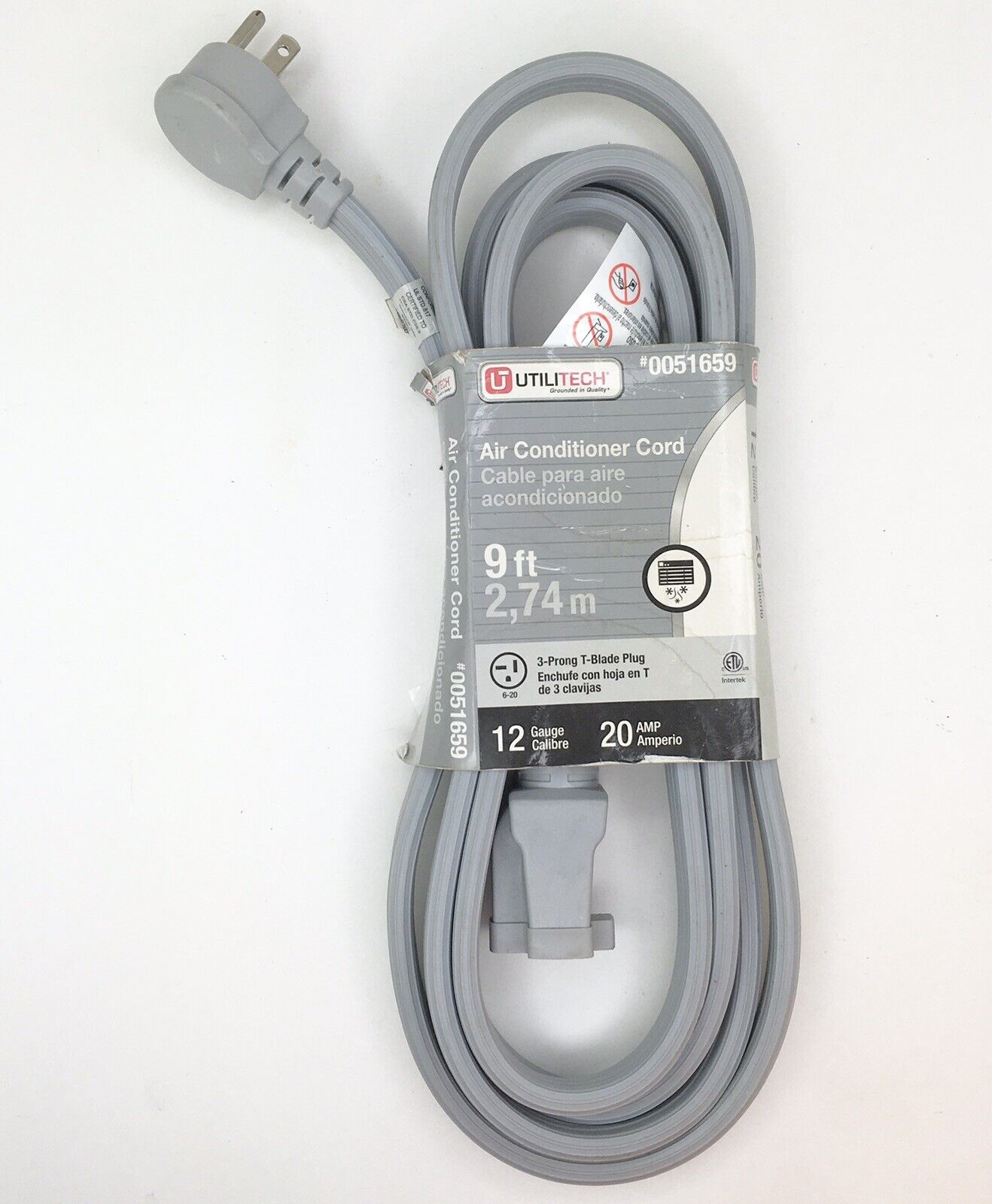
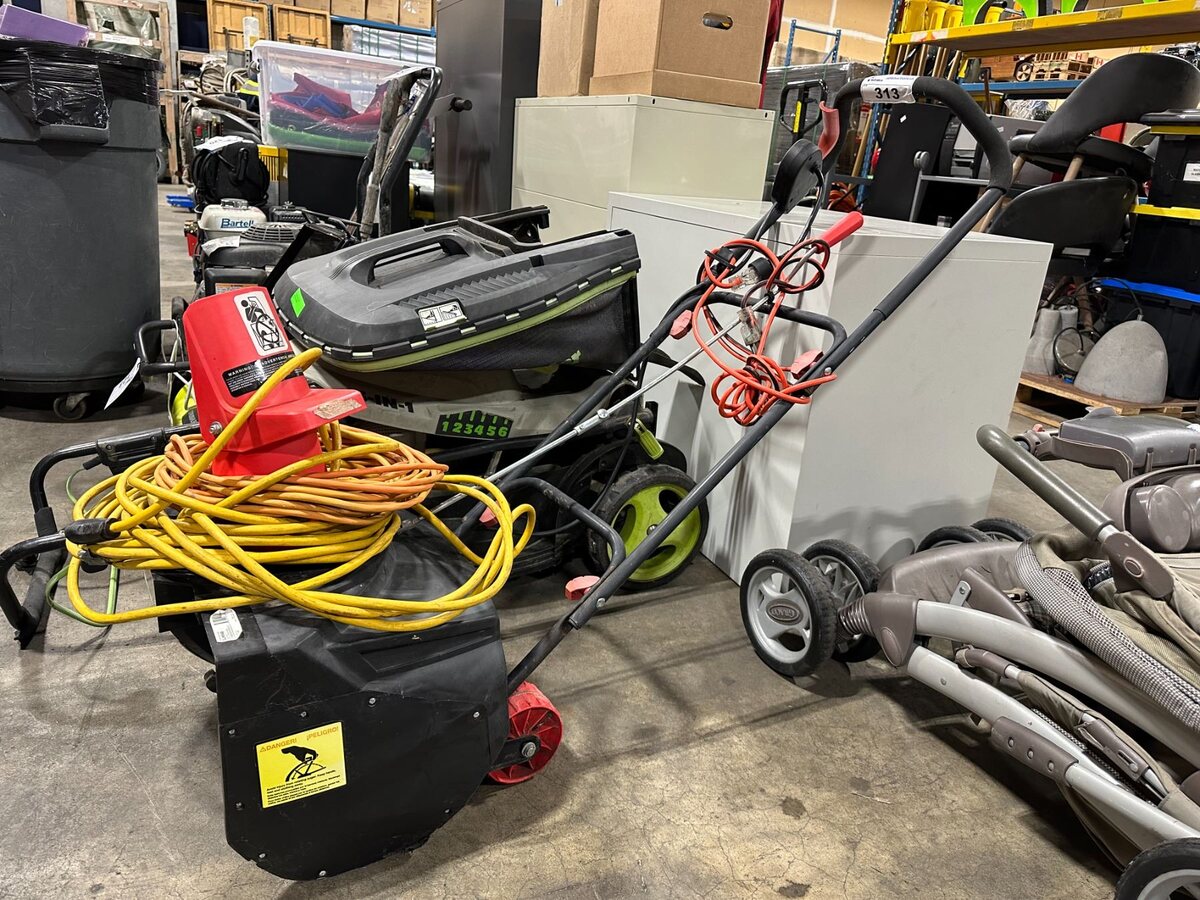
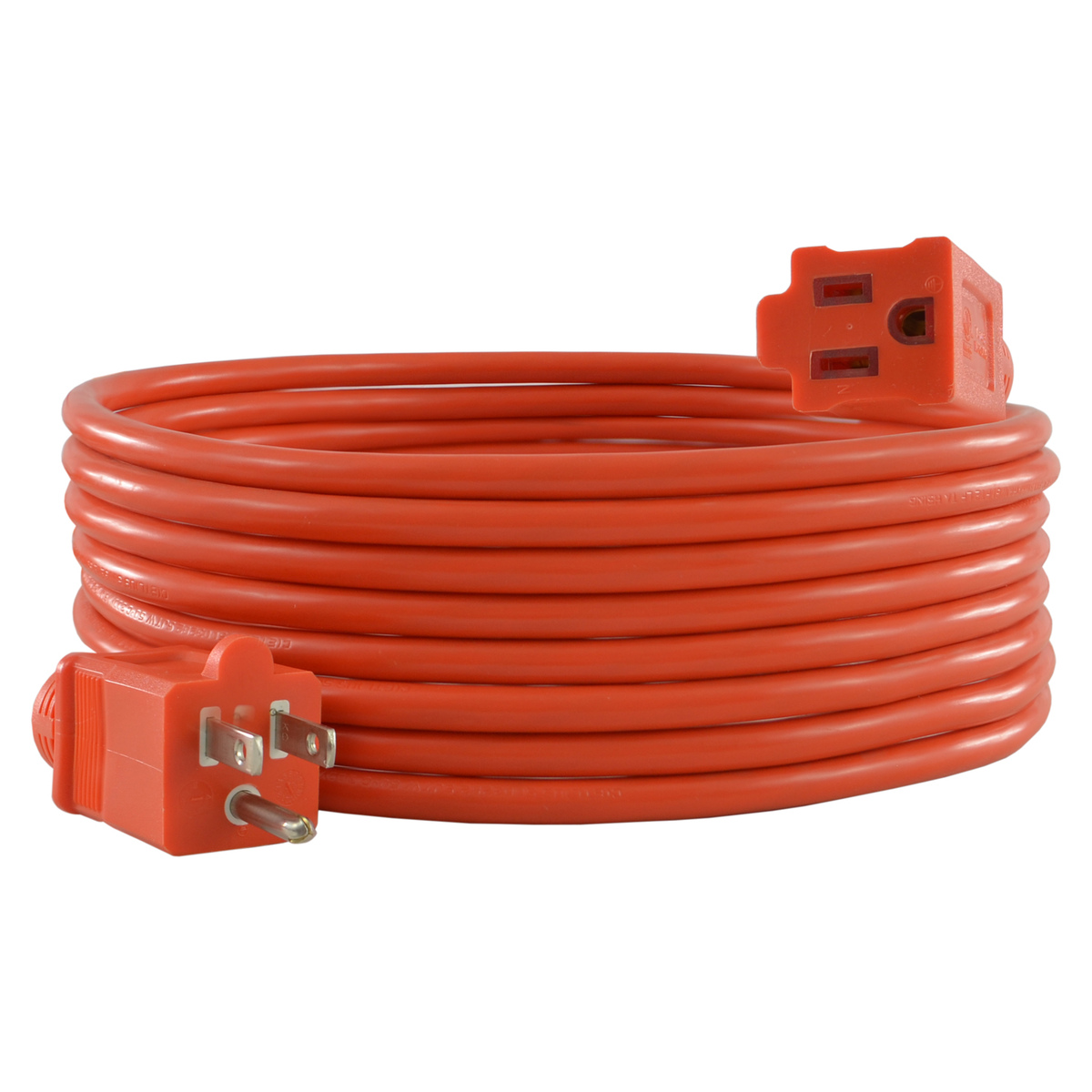
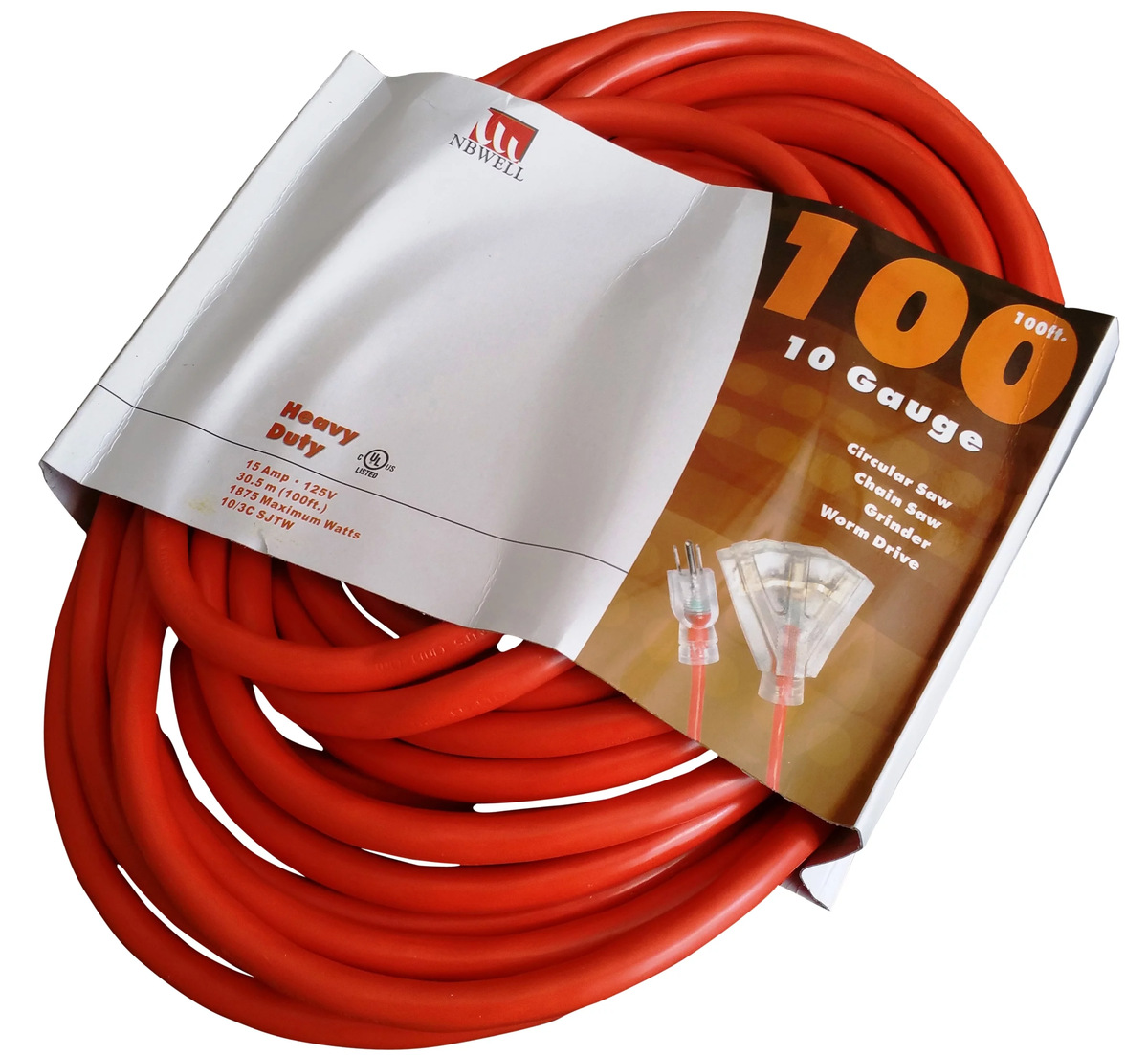
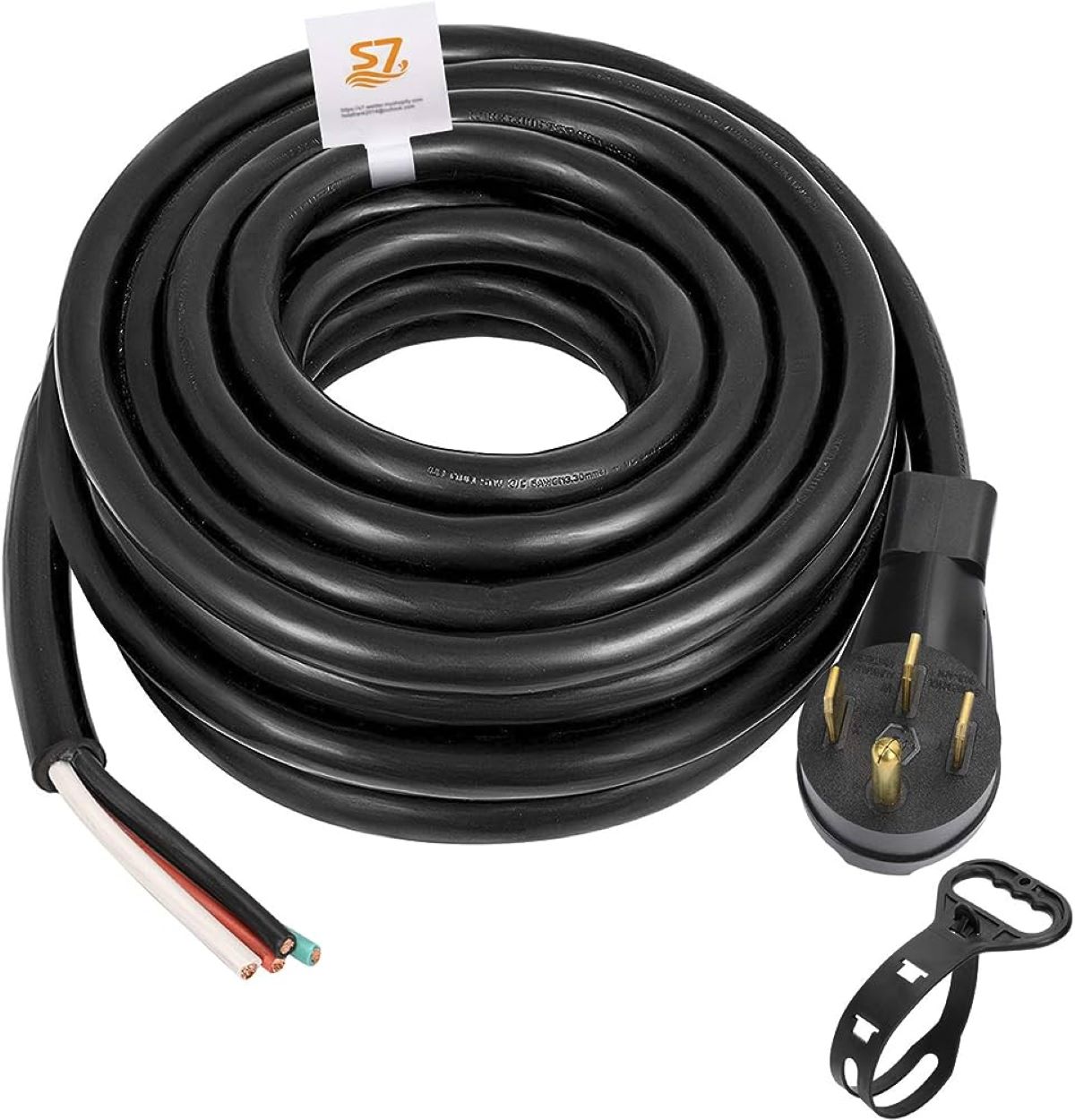
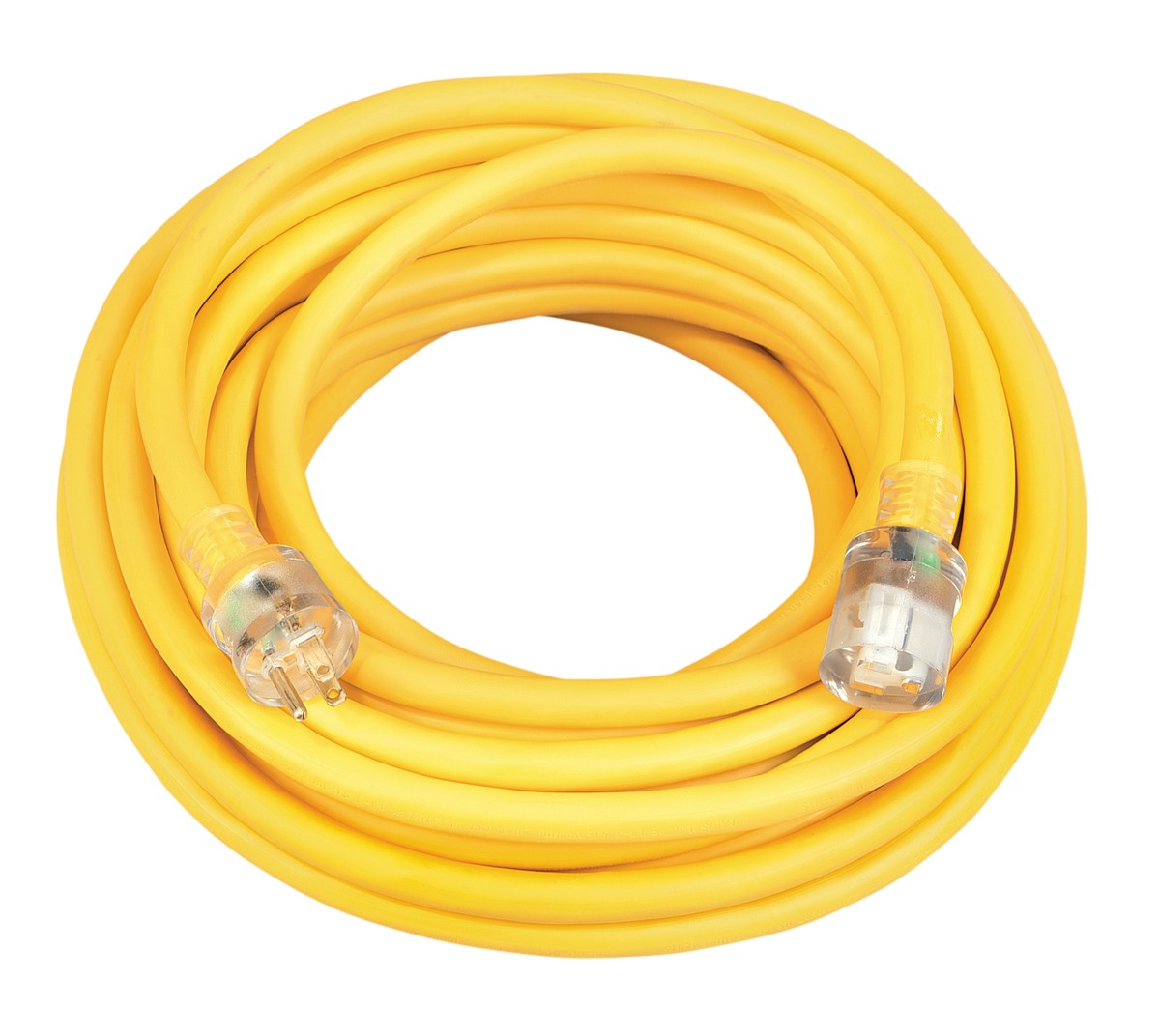
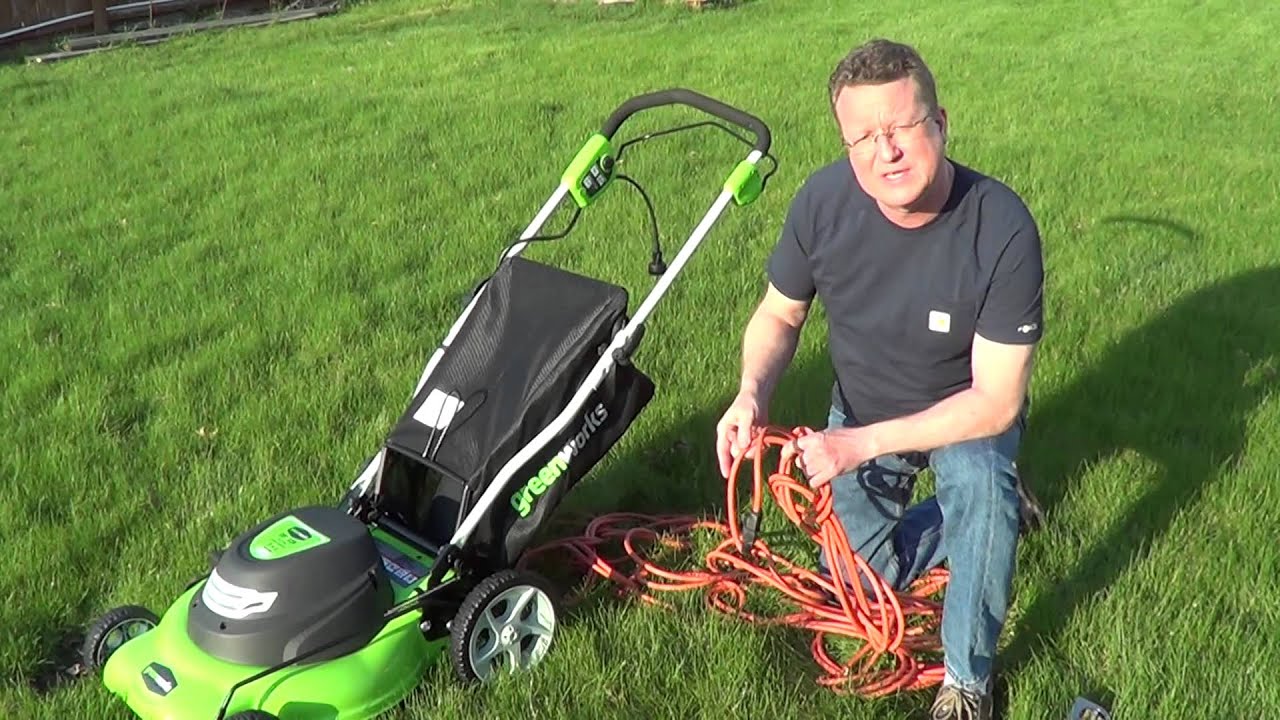
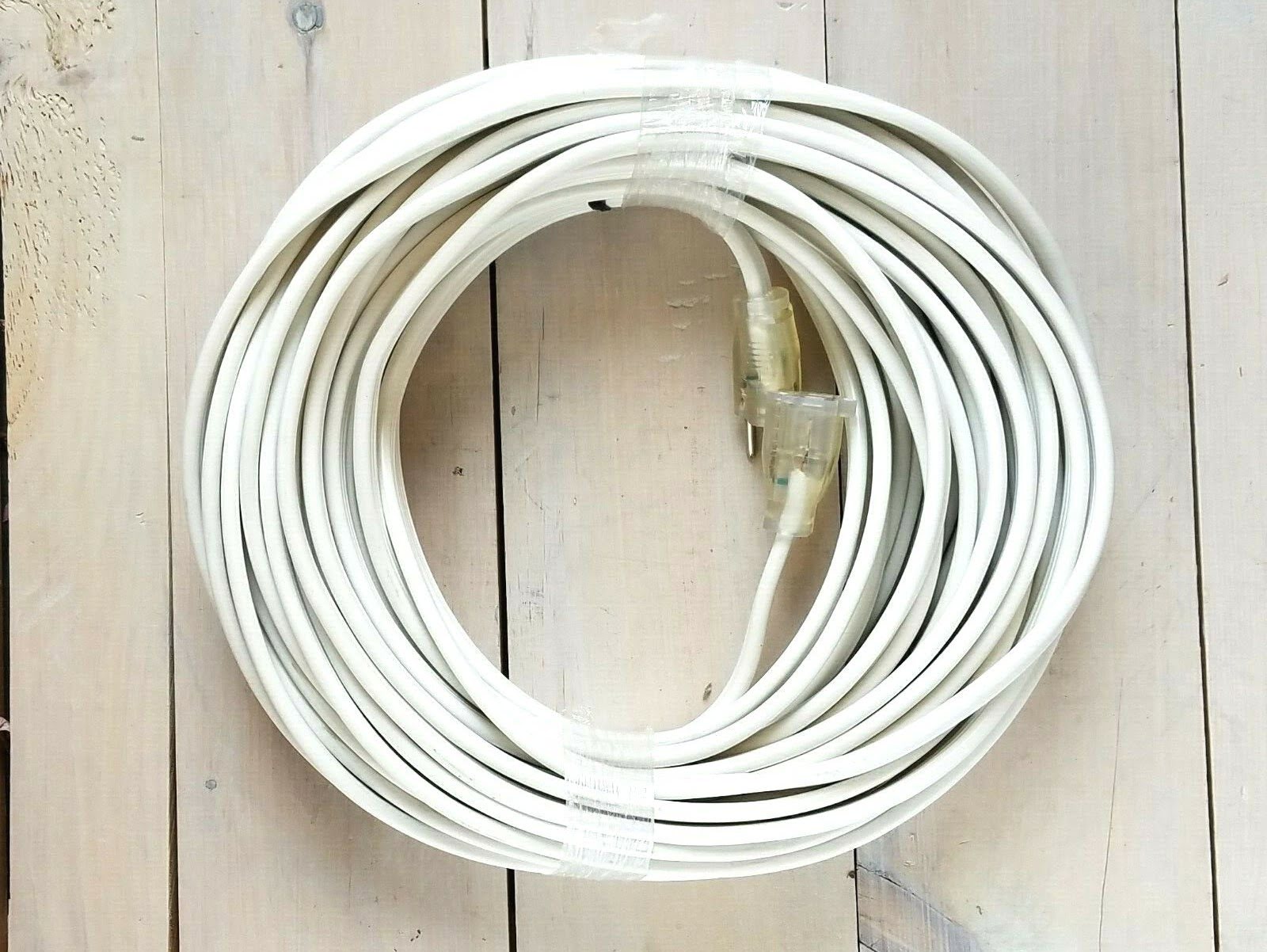
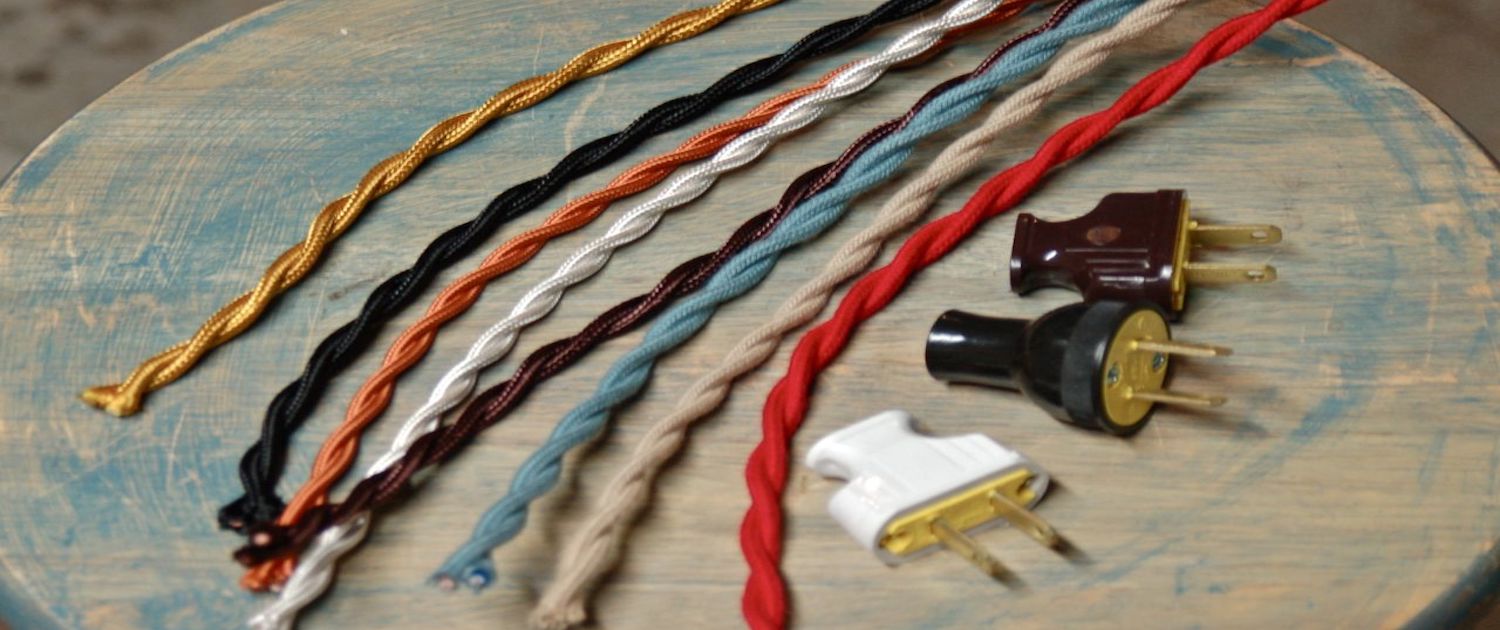
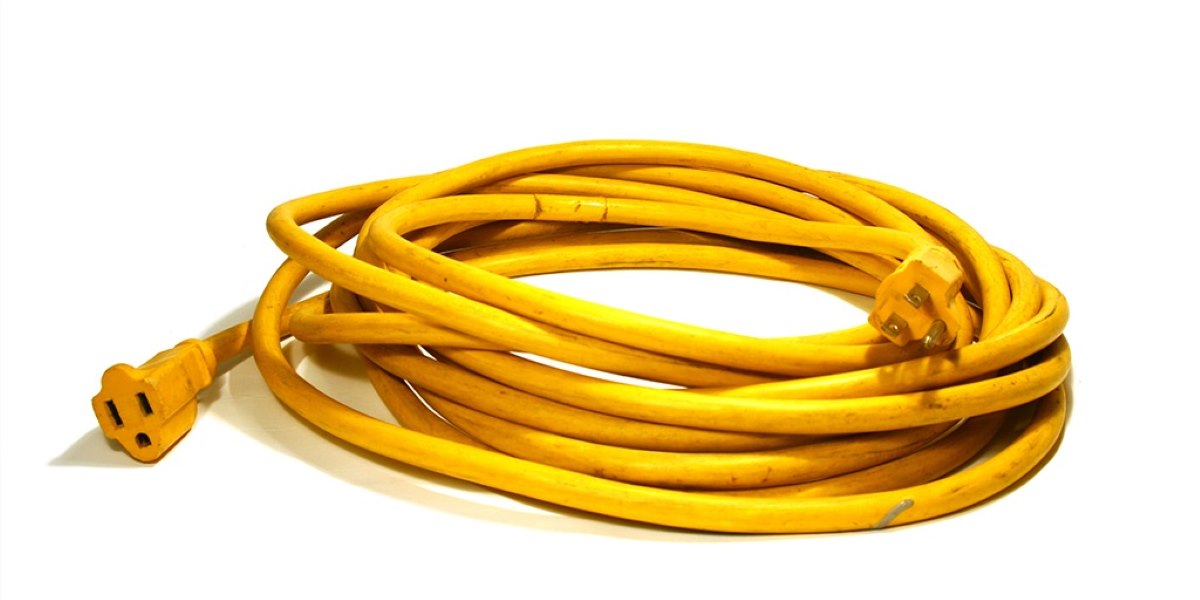
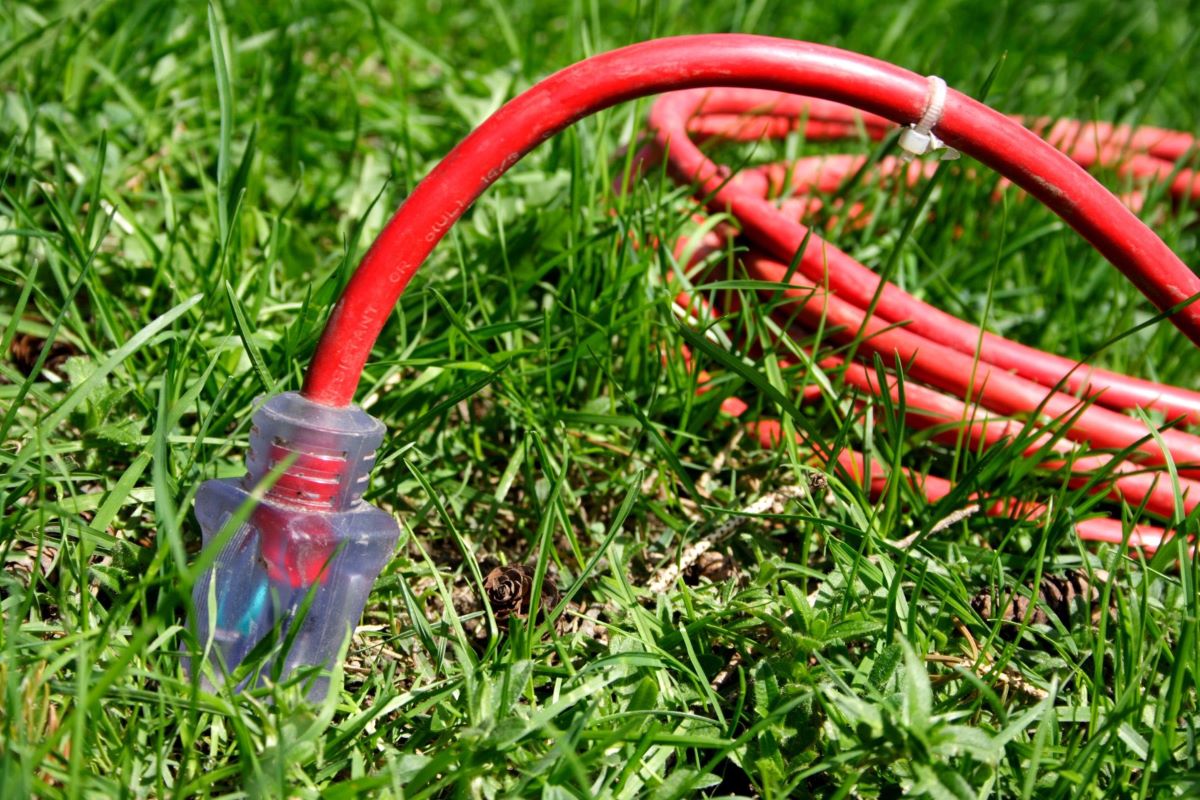
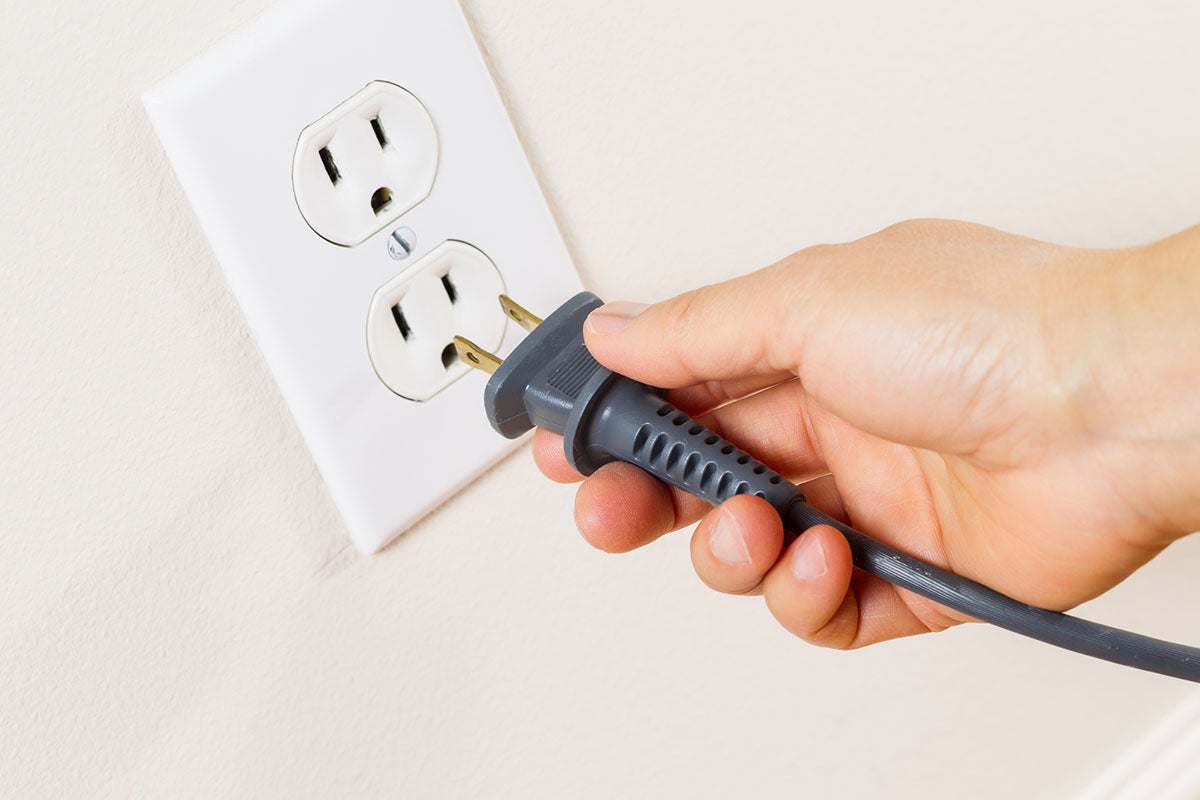

0 thoughts on “What Gauge Extension Cord For Electric Mower”